
Tennis no Oujisama
Summary: At the request of his father, tennis prodigy Ryouma Echizen has returned from America and is ready to take the Japanese tennis scene by storm. Aiming to become the best tennis player in the country, he enrolls in Seishun Academy—home to one of the best middle school tennis teams in Japan.
After Ryouma catches the captain's eye, he finds himself playing for a spot on the starting lineup in the intra-school ranking matches despite only being a freshman. Due to his age, the rest of the Seishun Boys' Tennis Team are initially reluctant to accept him, but his skill and determination convinces them to let him in.
Armed with their new "super rookie," Seishun sets out to claim a spot in the National Tournament, hoping to take the coveted title for themselves. In order to do so, the team must qualify by playing through the Tokyo Prefectural and Kanto Regionals. Yet, the road ahead of them is shared by a plethora of strong schools, each playing tennis in unique ways for their own reasons. Ryouma and his teammates must learn to cooperate if they want to become the champions they aspire to be.
[Written by MAL Rewrite]
Description
At the request of his father, tennis prodigy Ryouma Echizen has returned from America and is ready to take the Japanese tennis scene by storm. Aiming to become the best tennis player in the country, he enrolls in Seishun Academy—home to one of the best middle school tennis teams in Japan.
After Ryouma catches the captain's eye, he finds himself playing for a spot on the starting lineup in the intra-school ranking matches despite only being a freshman. Due to his age, the rest of the Seishun Boys' Tennis Team are initially reluctant to accept him, but his skill and determination convinces them to let him in.
Armed with their new "super rookie," Seishun sets out to claim a spot in the National Tournament, hoping to take the coveted title for themselves. In order to do so, the team must qualify by playing through the Tokyo Prefectural and Kanto Regionals. Yet, the road ahead of them is shared by a plethora of strong schools, each playing tennis in unique ways for their own reasons. Ryouma and his teammates must learn to cooperate if they want to become the champions they aspire to be.
[Written by MAL Rewrite]
Available At
Warning: Array to string conversion in /home/hianime.me.uk/public_html/anime.php on line 243
Array
Tennis no Oujisama Pictures
Tennis no Oujisama Review
Tennis no Oujisama — At the request of his father, tennis prodigy Ryouma Echizen has returned from America and is ready to take the Japanese tennis scene by storm. This overview is intentionally spoiler-free and focuses on tone and intent rather than plot specifics.
Thematically, It sits firmly within Sports conventions as a TV work and has garnered attention (MAL score: 7.84). This work explores character dynamics, tonal shifts, and the interplay between narrative ambition and execution. The story's pacing and tonal choices are crafted to complement the central ideas, often emphasizing atmosphere and emotional truth over explicit exposition. The show's ability to evoke a consistent mood — whether melancholic, exuberant, or contemplative — is a recurring strength, and the scenes are constructed so viewers can infer stakes without needing explicit spoilers.
Characterization is a core pillar here. Protagonists and supporting figures are written with distinct motivations and narrative roles; even when archetypal, the series invests in small behavioral details that make choices feel earned. Character arcs are handled with an eye for gradualism: development often arrives through incremental beats rather than abrupt, expository shifts. The interactions between characters create texture, and relationships are used to illuminate both personal flaws and larger thematic concerns.
On the visual front, production values play a significant role. The animation quality varies by sequence but frequently showcases thoughtful direction and composition. Background art, framing, and color palettes are used deliberately to support tone — quieter scenes favor muted palettes while action or heightened emotional beats employ brighter, more kinetic visuals. Direction choices, such as camera movement and shot selection, often elevate scenes beyond their raw script, creating moments that linger in the viewer's mind.
The soundscape — score, incidental music, and sound design — complements the visual language. Music cues are placed to maximize emotional resonance without manipulating the audience with melodrama; this restraint often leads to more authentic emotional payoff. Sound design punctuates key moments, and when the series leans on silence, those quieter moments are given weight by measured audio choices.
Pacing and structure are handled with craft. Episodes are arranged to build tension and release methodically, and the narrative rarely rushes through important emotional beats. That said, the deliberate pacing may feel slow to viewers who prefer faster plot turnover; the reward is greater nuance and an accumulation of meaning across the series. Accessibility is generally good — one can appreciate surface-level pleasures, while repeat or attentive viewing reveals additional layers.
No title is without flaws. Occasional unevenness in subplots or variable animation across episodes can be distracting. Some tonal shifts might feel abrupt if you expect uniformity; others will argue that those shifts are purposeful. These are worth noting, but they seldom undercut the larger achievements of the work.
In sum, Tennis no Oujisama offers a rich experience for viewers who value character-driven storytelling, considered visual design, and a soundtrack that supports rather than overwhelms. For fans of Sports, this is an especially rewarding watch. It's recommended for those who appreciate layered narratives and artistry in animation, and best approached with patience and attention to nuance.
Characters & Voice Actors

Echizen, Ryouma
Main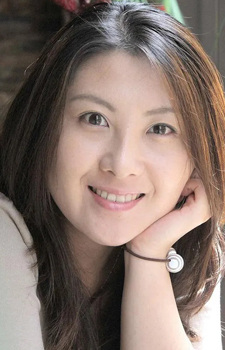

Echizen, Ryouma
Main

Echizen, Ryouma
Main

Echizen, Ryouma
Main

Echizen, Ryouma
Main

Echizen, Ryouma
Main

Echizen, Ryouma
Main

Fuji, Shuusuke
Main

Fuji, Shuusuke
Main

Fuji, Shuusuke
Main

Fuji, Shuusuke
Main

Fuji, Shuusuke
Main

Fuji, Shuusuke
Main

Fuji, Shuusuke
Main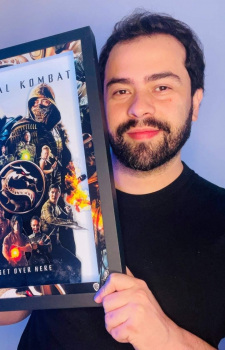

Fuji, Shuusuke
Main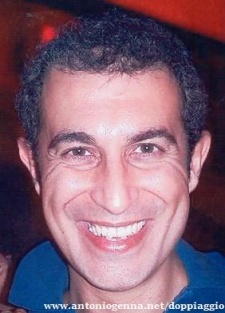

Fuji, Shuusuke
Main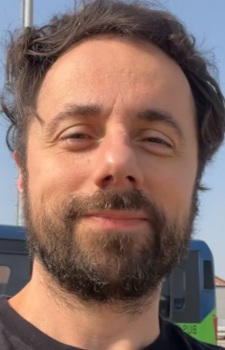

Inui, Sadaharu
Main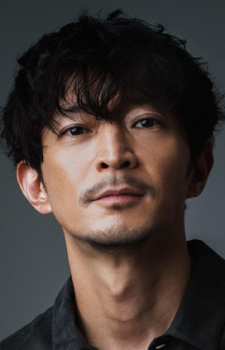

Inui, Sadaharu
Main

Inui, Sadaharu
Main

Inui, Sadaharu
Main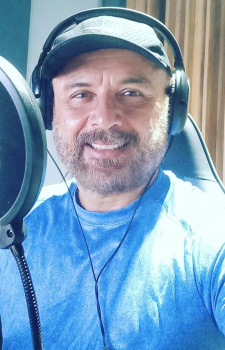
Staff

Takahashi, Tomoko
Producer

Hamana, Takayuki
Director, Episode Director, Storyboard

Hiramitsu, Takuya
Sound Director

Andou, Masahiro
Episode Director, Storyboard

Ejima, Yasuo
Episode Director

Fuseki, Kazunobu
Episode Director, Storyboard

Hiiro, Yukina
Episode Director, Storyboard

Ishidou, Hiroyuki
Episode Director

Itou, Masoho
Episode Director, Storyboard

Kuboyama, Eiichi
Episode Director

Matsuzawa, Kenichi
Episode Director, Storyboard, Production Coordination, Production Assistant

Mori, Yoshihiro
Episode Director, Storyboard

Murayama, Kiyoshi
Episode Director

Okuno, Kouta
Episode Director, Storyboard

Sadohara, Takeyuki
Episode Director

Suzuki, Kaoru
Episode Director

Tada, Shunsuke
Episode Director, Storyboard

Takahashi, Yukio
Episode Director, Storyboard

Takashima, Daisuke
Episode Director

Tanaka, Hajime
Episode Director, Storyboard